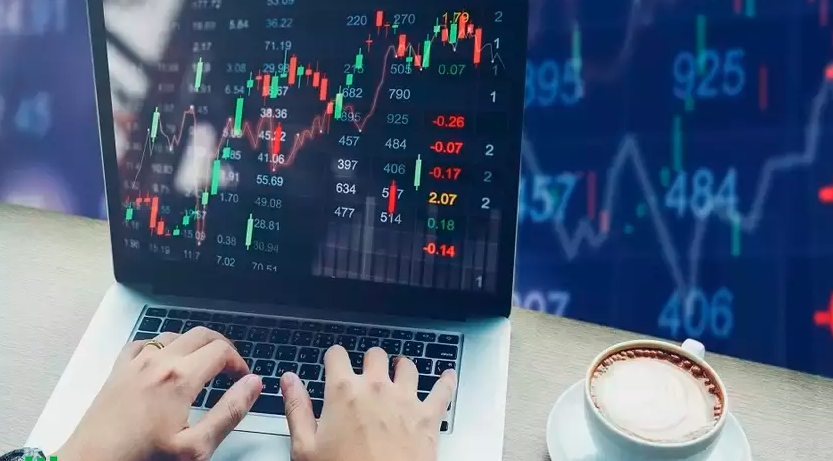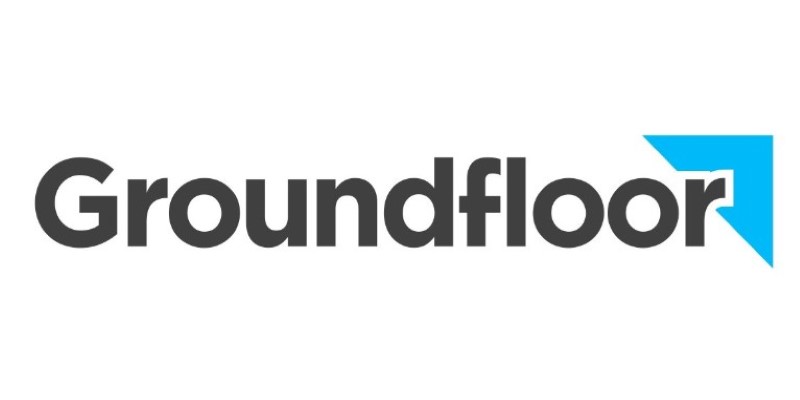The FTSE's indexing division operates similarly to Standard & Poor's in that both companies focus on developing index solutions for use as standards in the international financial markets. An index, also known as a benchmark, is a fictitious collection of stocks that are meant to reflect the overall performance of a specific market sector.
Among the various indexes available through the FTSE, the FTSE 100 (which tracks the 100 largest publicly traded companies on the London Stock Exchange) and the Russell 2000 (which tracks the 3,000 smallest publicly traded companies in the United States) are the most widely recognized.
When it comes to the world's financial markets, no one knows more about managing asset exchanges and developing index services than the FTSE Group, a subsidiary of the Financial Times. FTSE is presently owned by the London Stock Exchange (LSE) Group.
A Guide to (FTSE)

The FTSE's indexes include a wide range of asset classes, styles, and strategies and are tailored to serve a wide range of customers, including those on the buy and sell sides of the market and custodians and asset owners, exchanges, investment consultants, and ETF issuers.
In Europe, the FTSE 100 is widely followed. The index began at 1,000 in January 1984 when it was first created. In recent years, it has risen to around 7,000.
Like many American investors turn to the Dow Jones or S&P 500 indexes for guidance on the performance of the broader U.S. stock market, market analysts, traders, and investors in the U.K. often use the FTSE 100 as a proxy for the performance of the broader U.K. stock market.
About BP PLC (BP.L)
When the FTSE 100 is doing well, it's typically taken as a sign that British businesses and the economy are doing well. For this reason, it often attracts traders who want to gain a foothold in the stock markets of large British corporations. Even though some of the companies it features are headquartered elsewhere, most of its constituents are British, and events on British soil drive its daily fluctuations.
Comparable Indices from the FTSE Group

As previously noted, the FTSE Group and the FTSE Russell trademark are affiliated with various indices. In addition to the FTSE 100, the FTSE 250, the FTSE 350, and the FTSE All-Share are the most widely followed indexes from the FTSE Group. Index funds are available that track each of these indices
FTSE Group, an Example of a Stock Exchange (FTSE)
The FTSE 100 is a market capitalization-weighted index, as was indicated. The media pays the most attention to the largest publicly traded companies. Take British Petroleum (BP.L), one of the index's most heavily weighted components, as a historical example. The Irish Independent reports that on February 5, 2019, B.P.'s stock rose by about 1% after the company released its strong profits report for the fourth quarter. This outpaced the nearly 2% increase in the value of the FTSE 100.
An Electronic Wallet for All Your Web3 Transactions
Gaining access to a wide variety of DeFi platforms, including those dealing with cryptocurrencies, NFTs, and more is much less complicated than it may initially appear. If you're looking for a reliable platform to buy, sell, and keep your digital assets safe, go no further than OKX, the industry standard. In addition, if you deposit at least $50 through a crypto purchase or top-up within 30 days of signing up, you can connect your current wallets and be entered to win up to $10,000. Find out more and sign up right now.
FTSE 100 Index Level = Total Market Capitalization * Index Value. The value of the index fluctuates throughout the trading day as total market capitalization, and the values of individual shares of the indexed companies both fluctuate. The closing price of the FTSE 100 the day before is used as the reference point for any upward or downward quotations of the index.
It is calculated in real-time throughout each trading day, from the opening of the LSE at 8:00 a.m. to the closing at 4:30 p.m. Any drop in the FTSE 100 index indicates a loss in the market value of the largest publicly traded companies in the U.K. Any time the FTSE reaches a new high, and it indicates that the market value of the companies comprising the index has grown.







